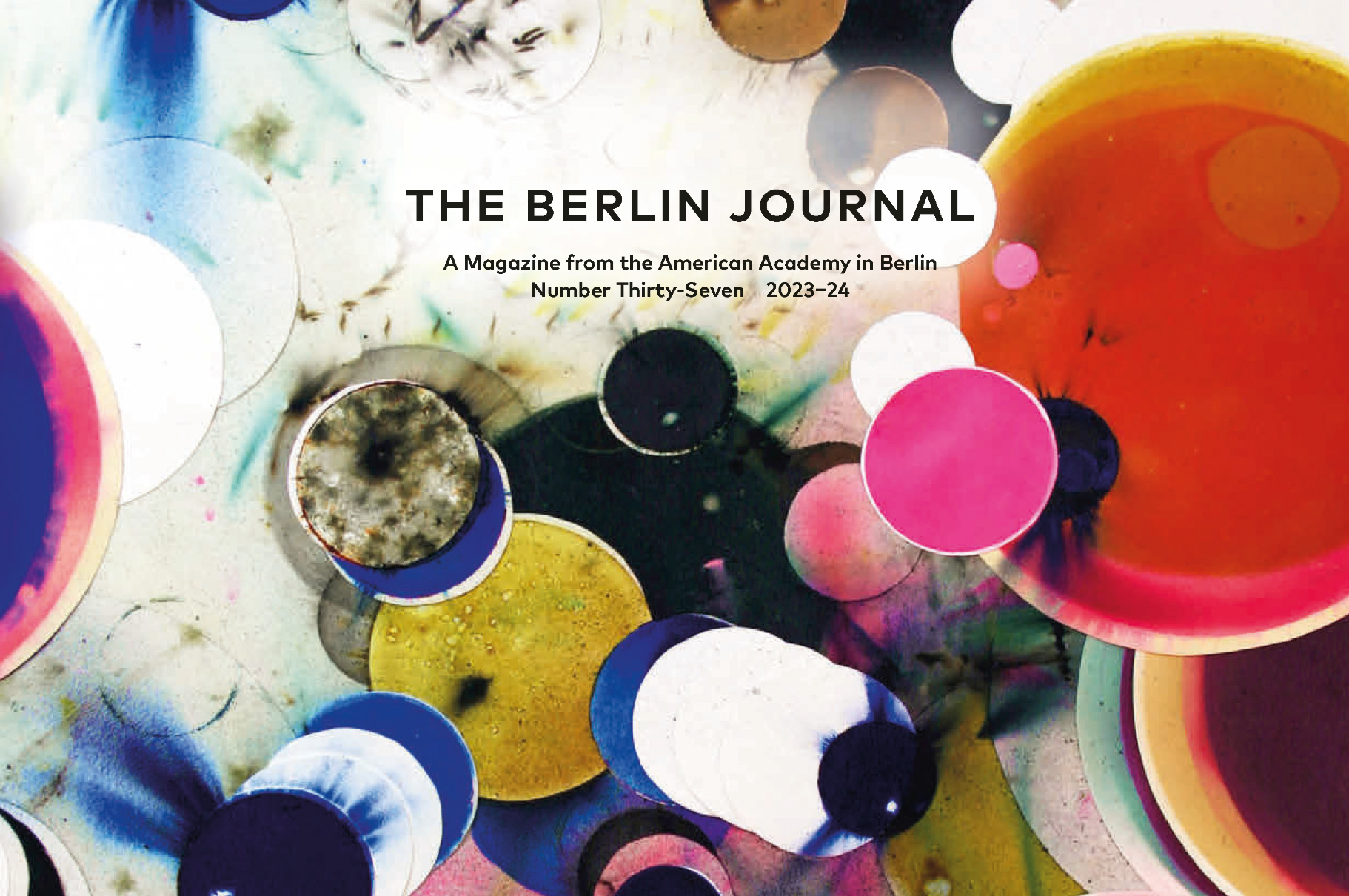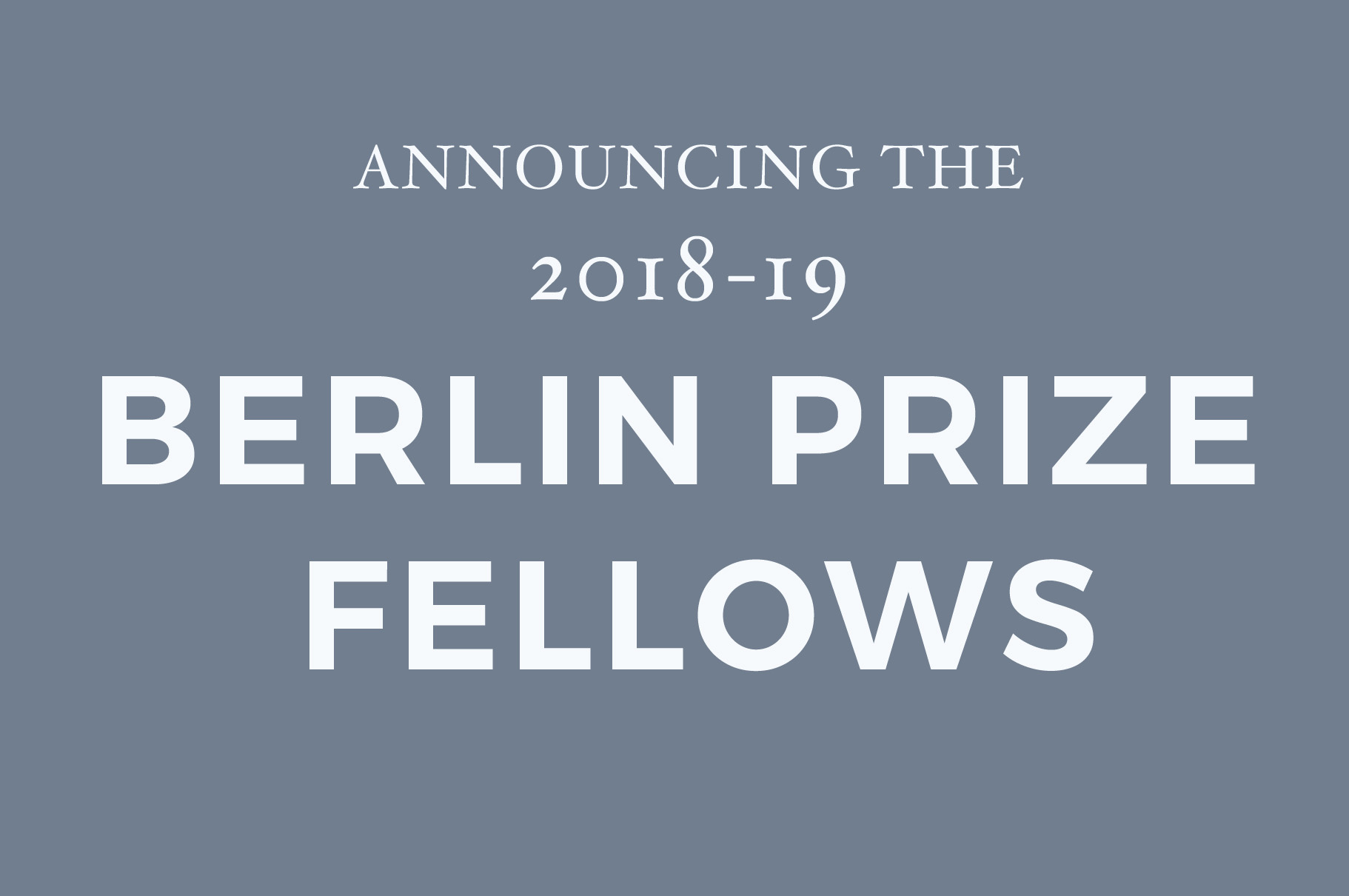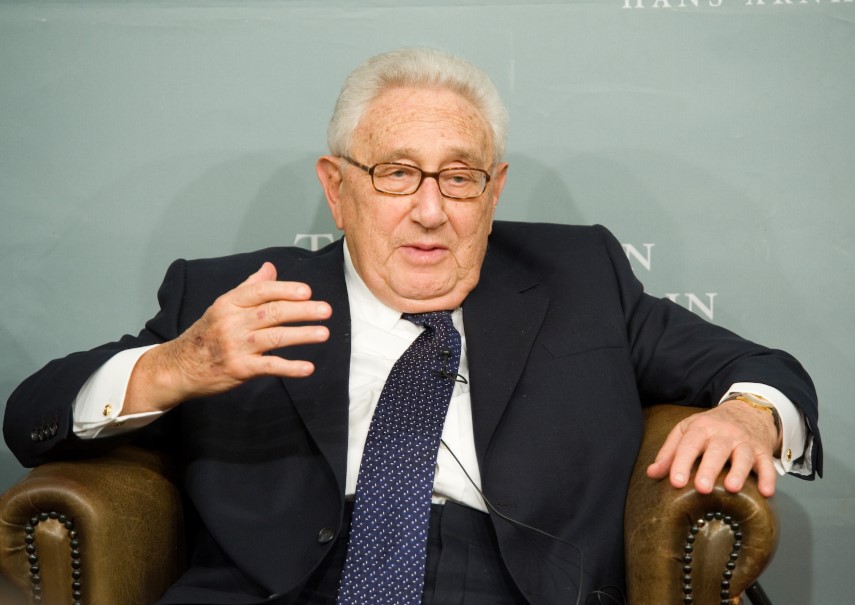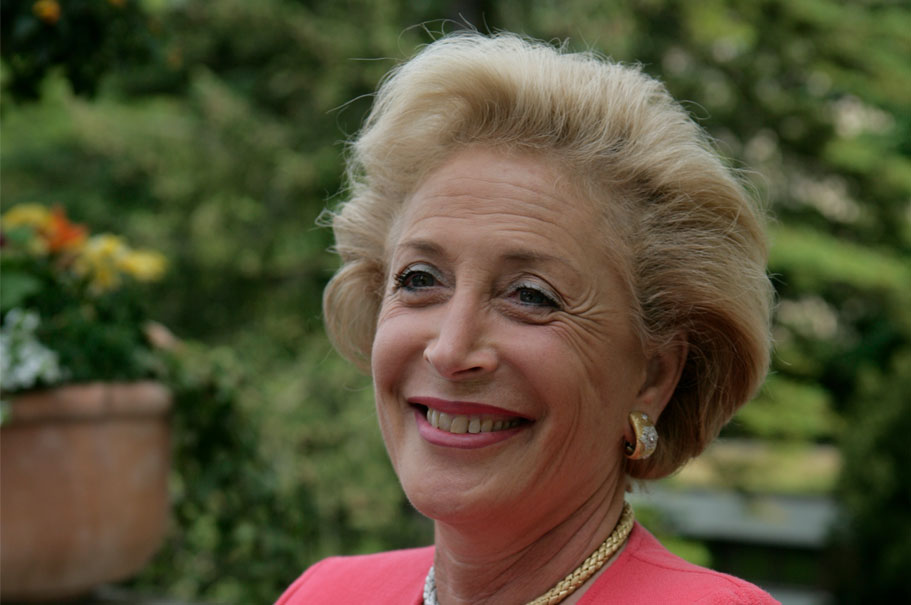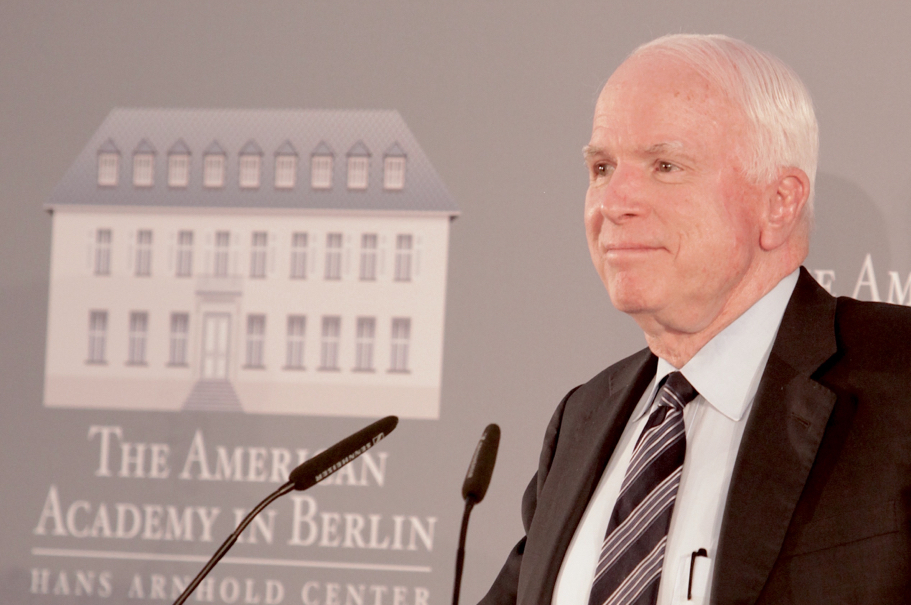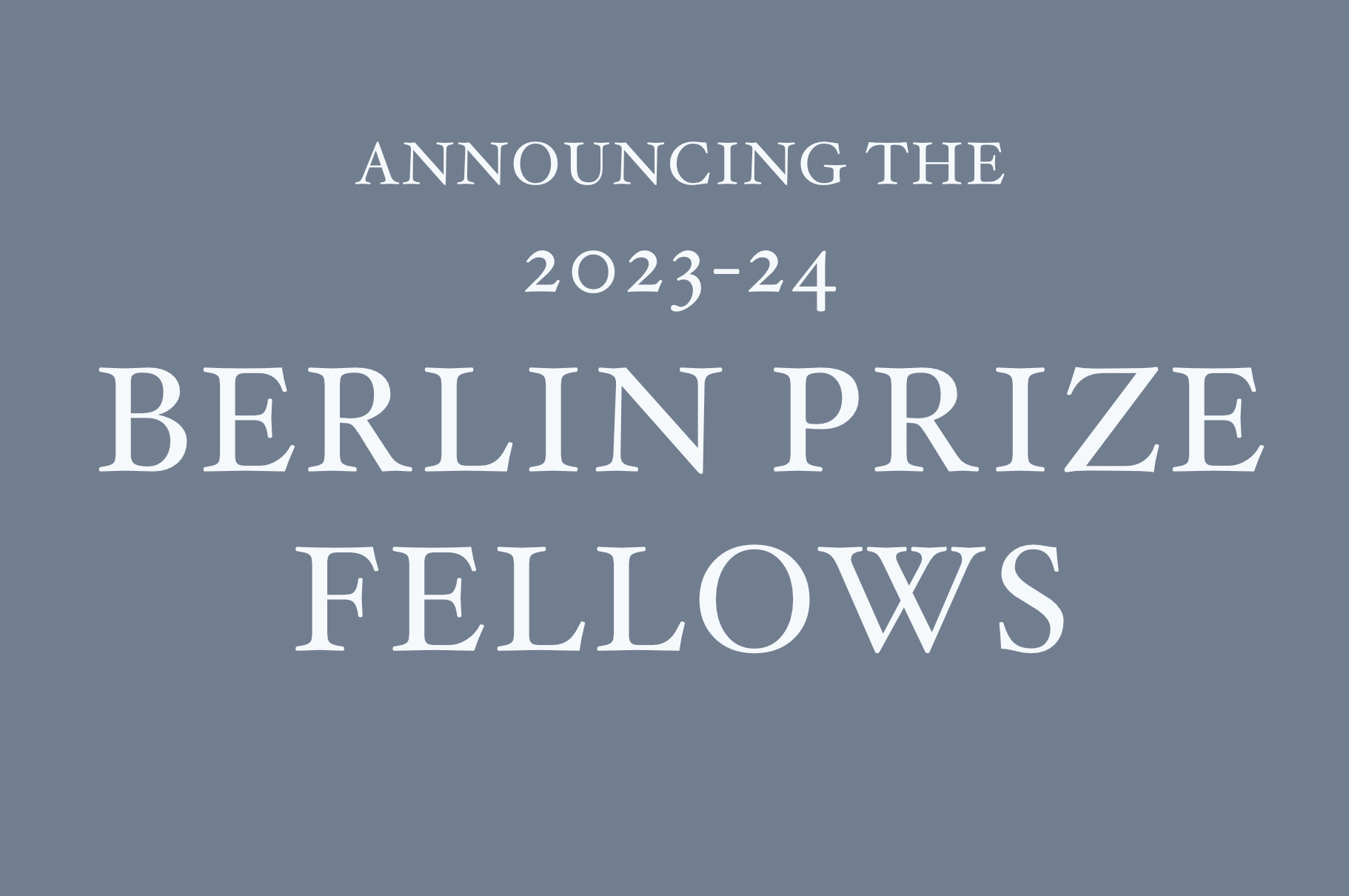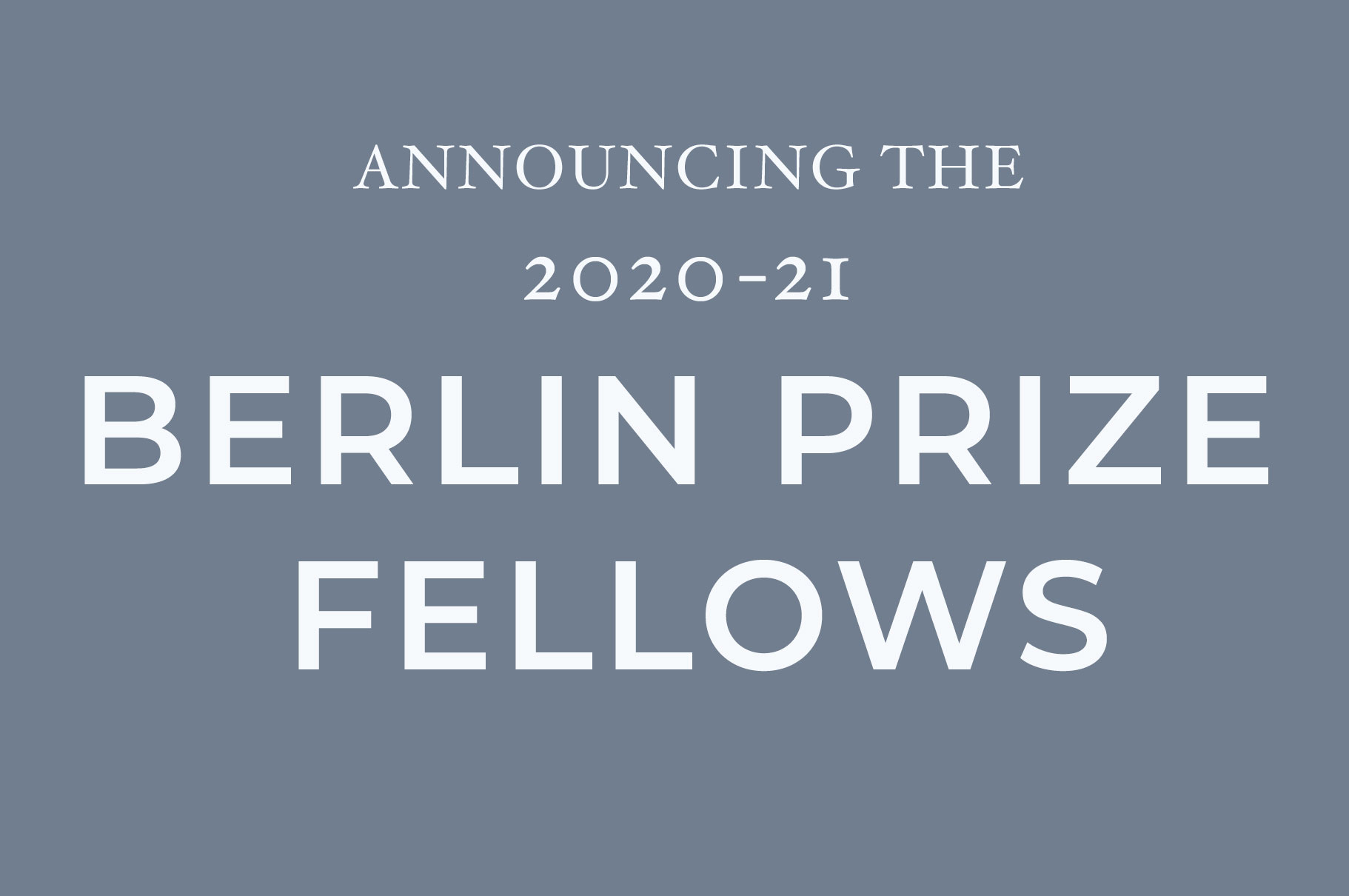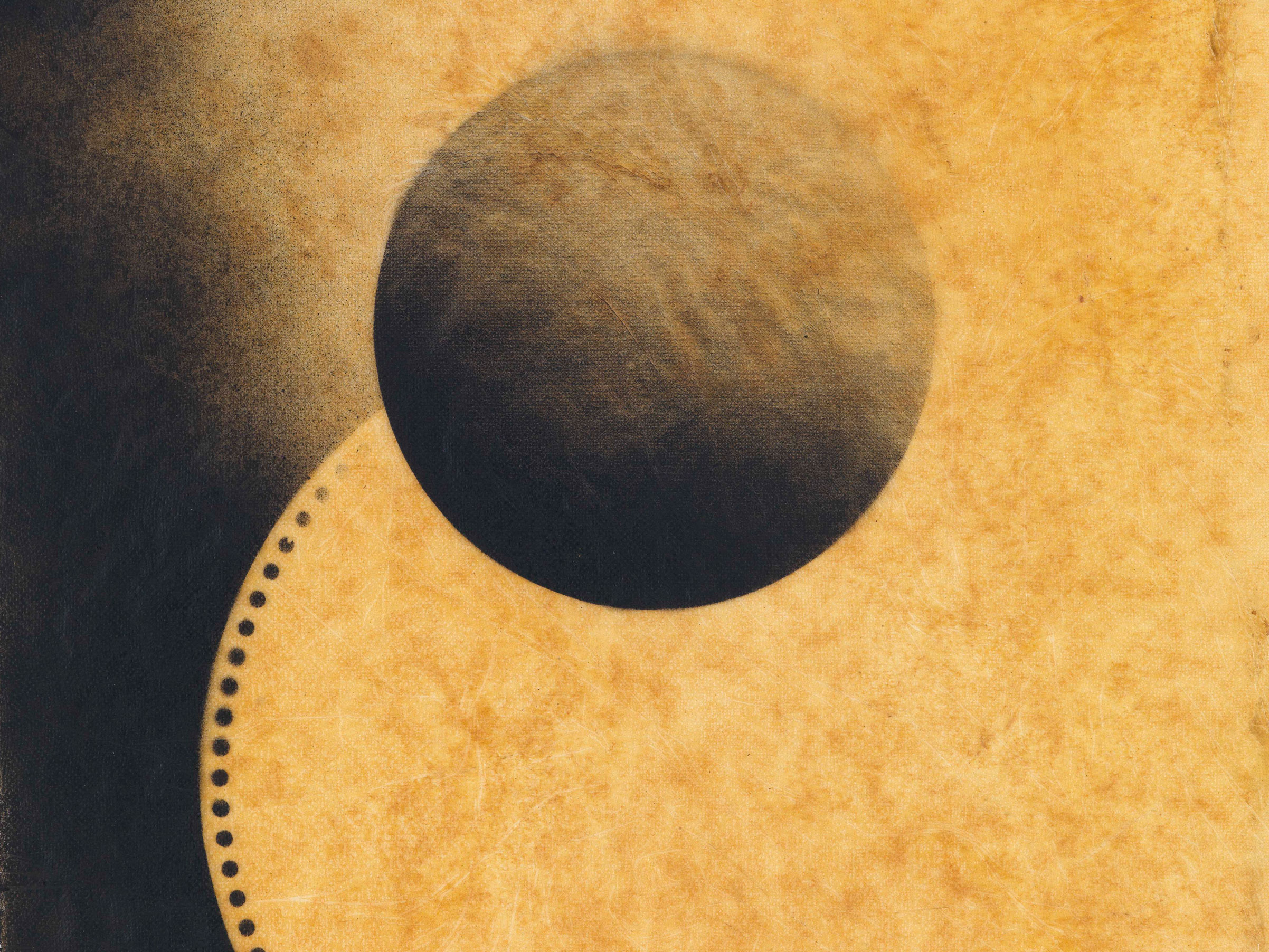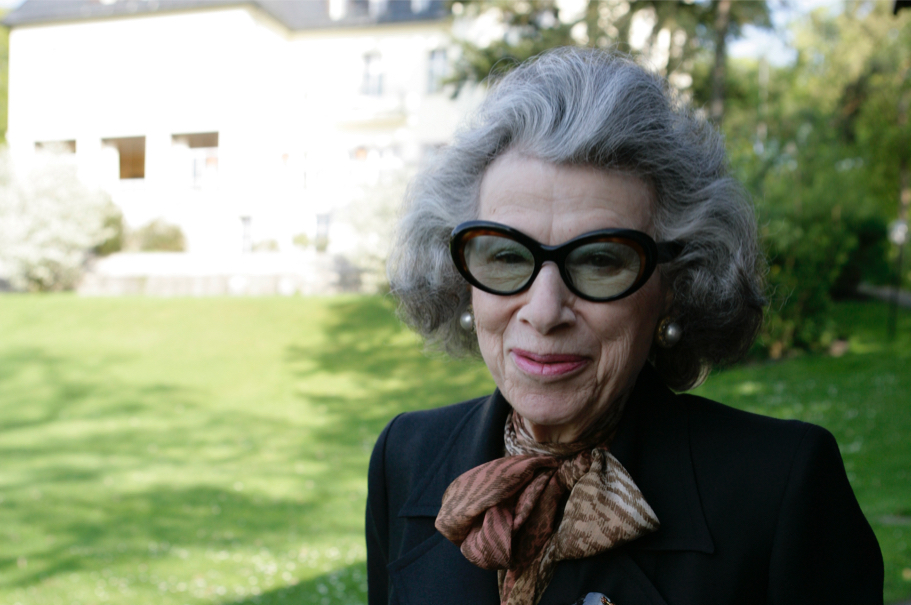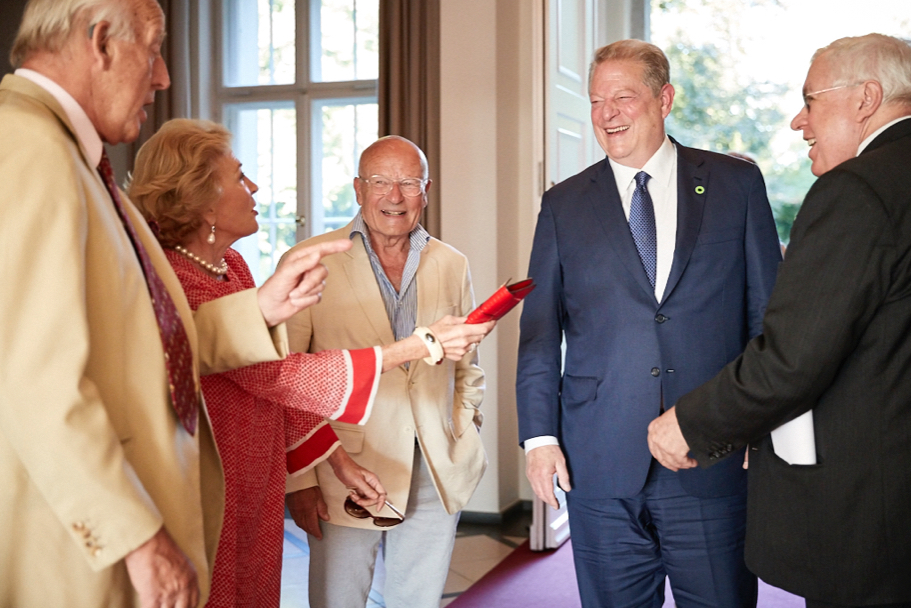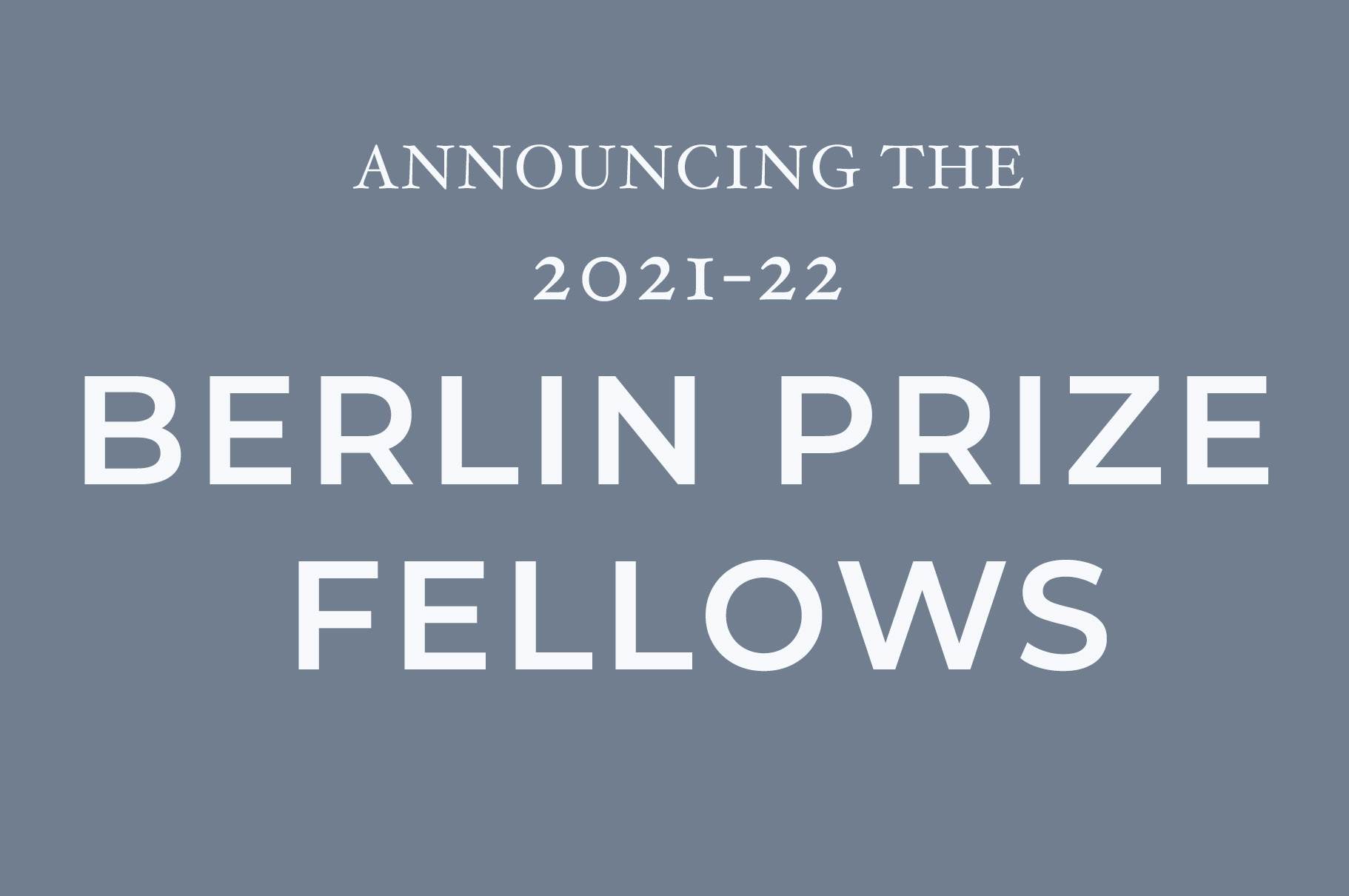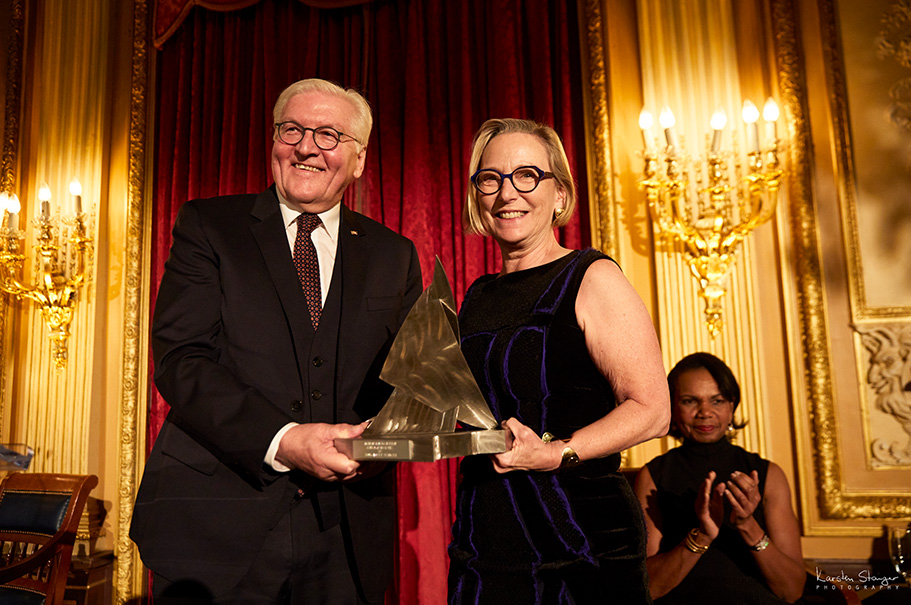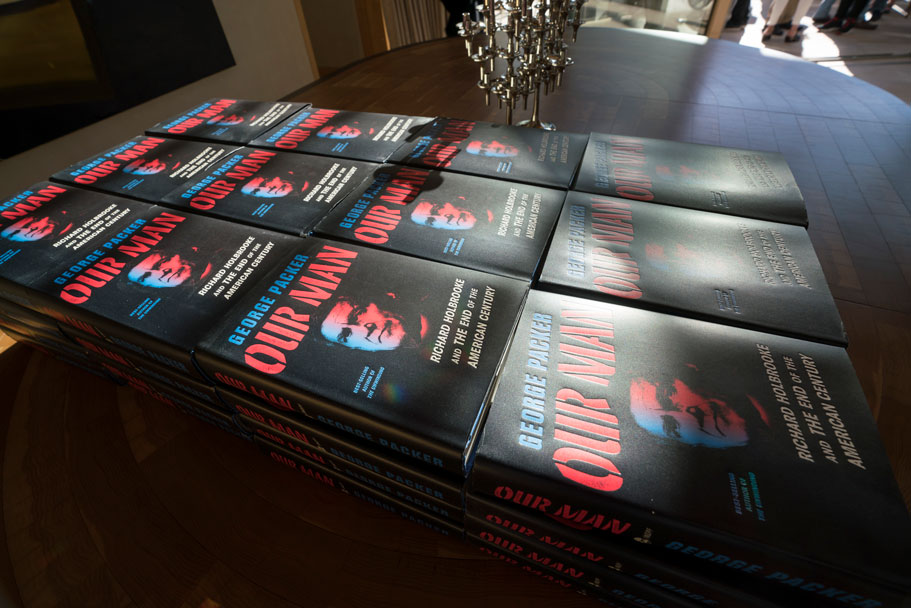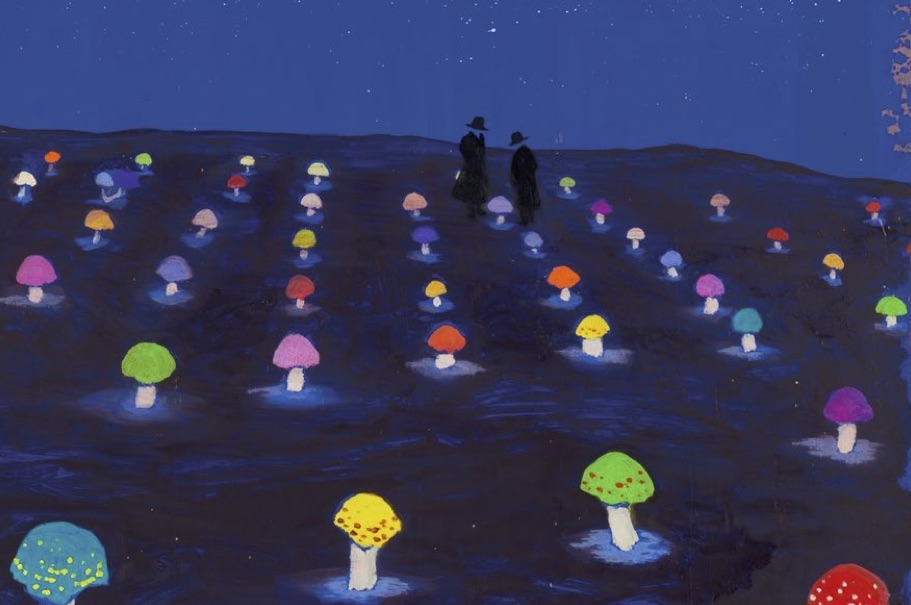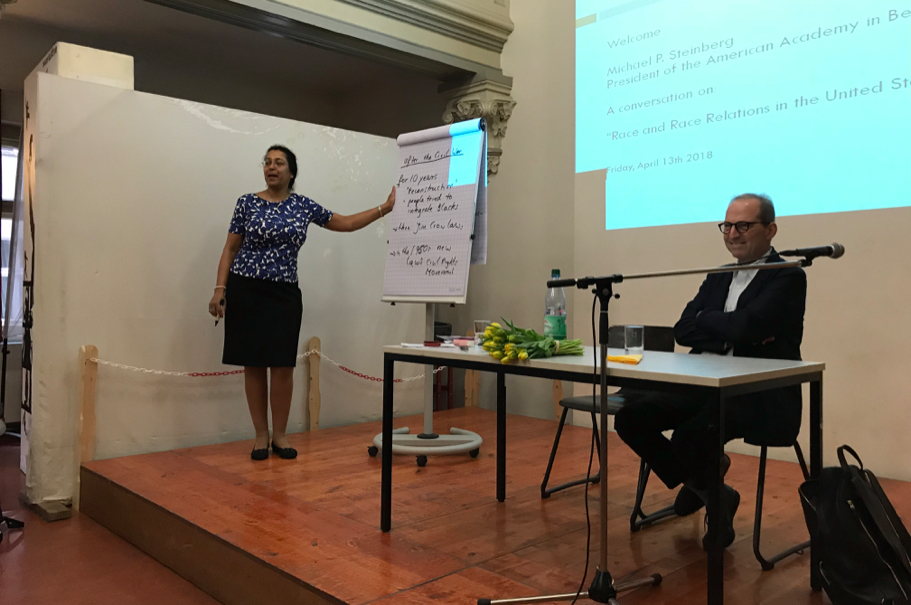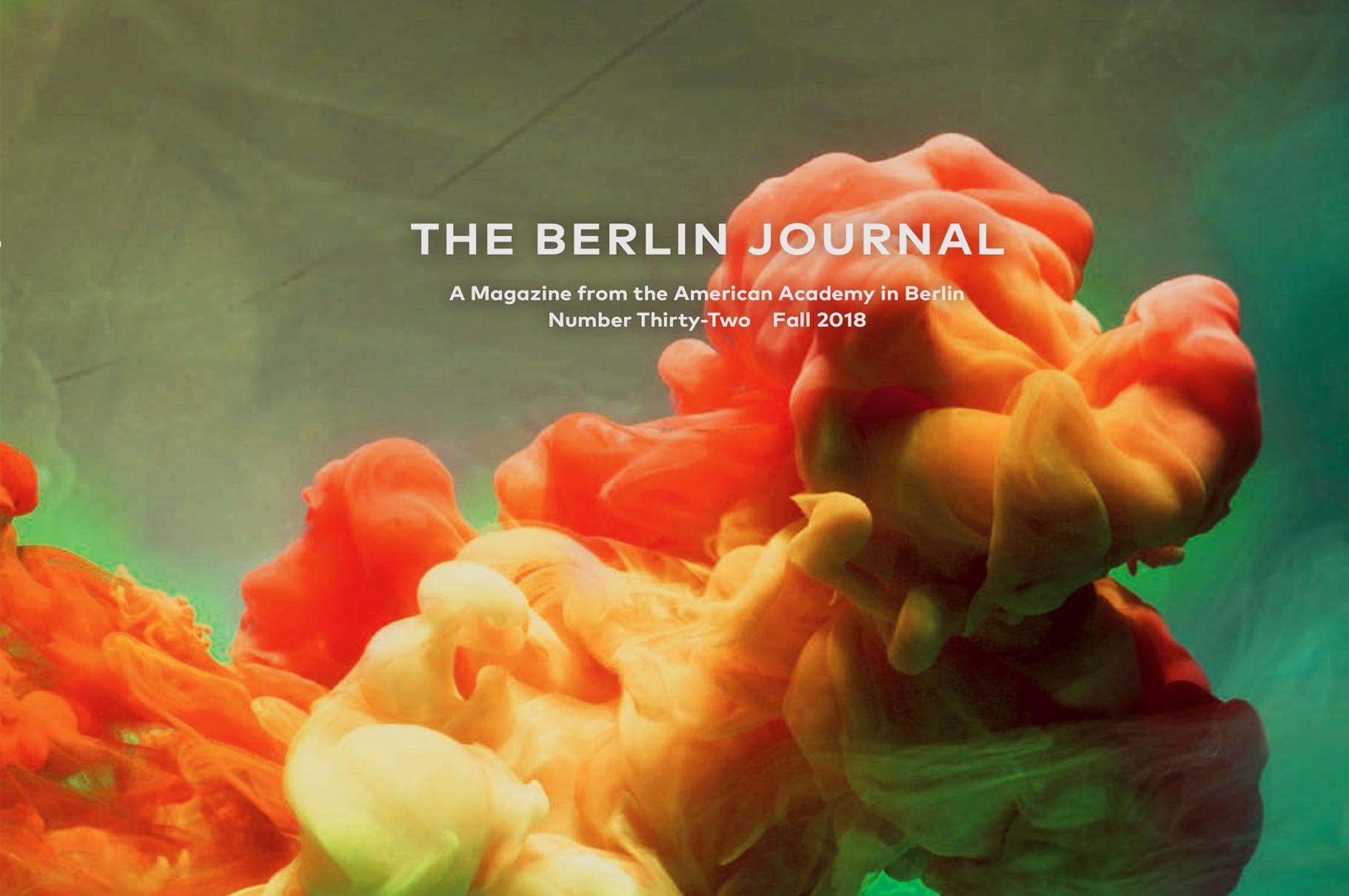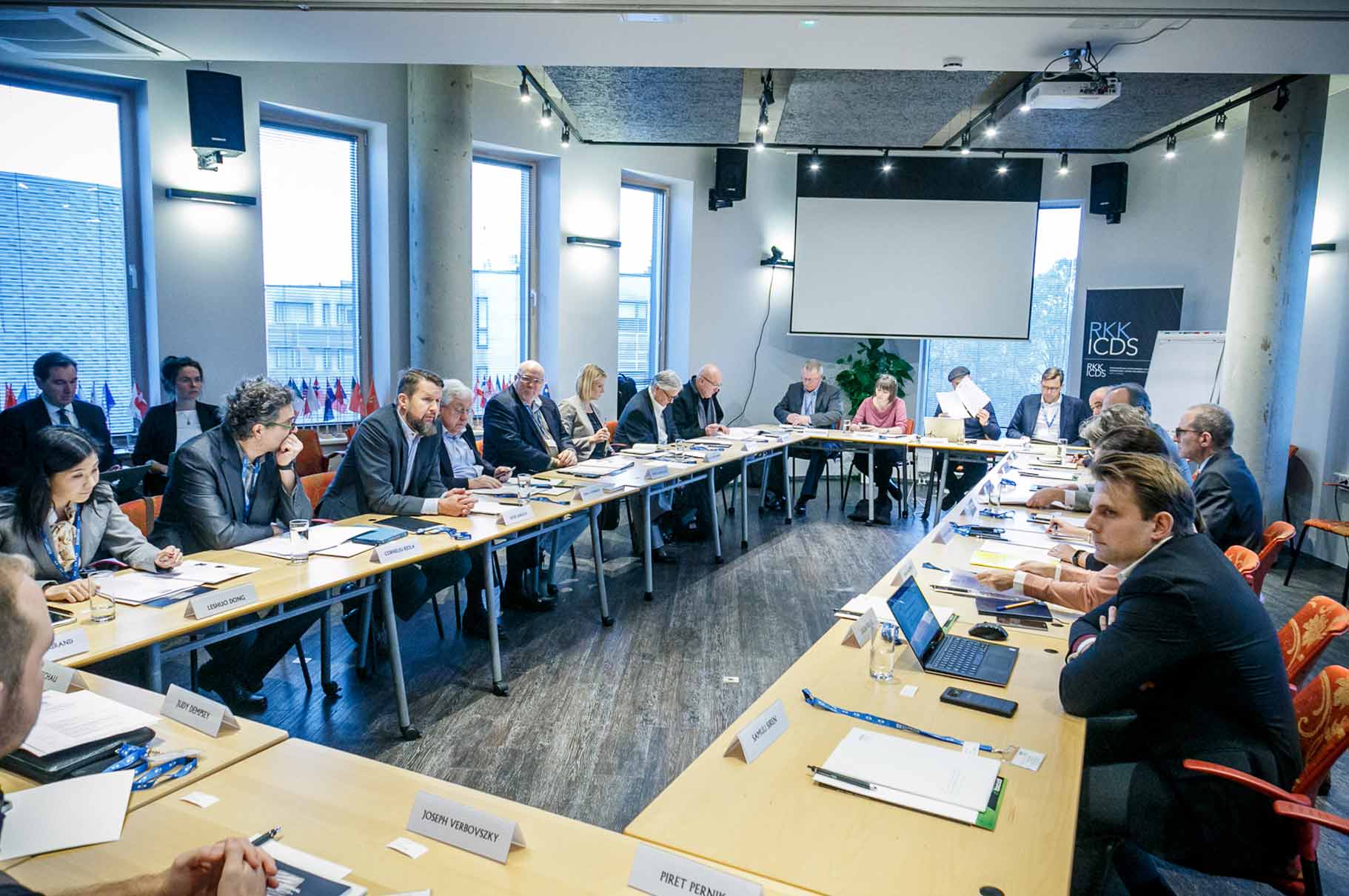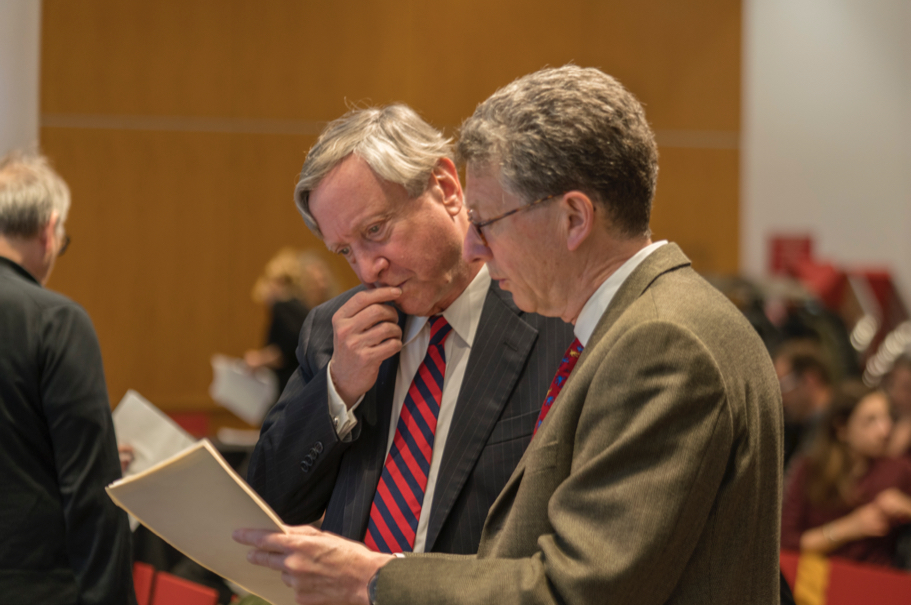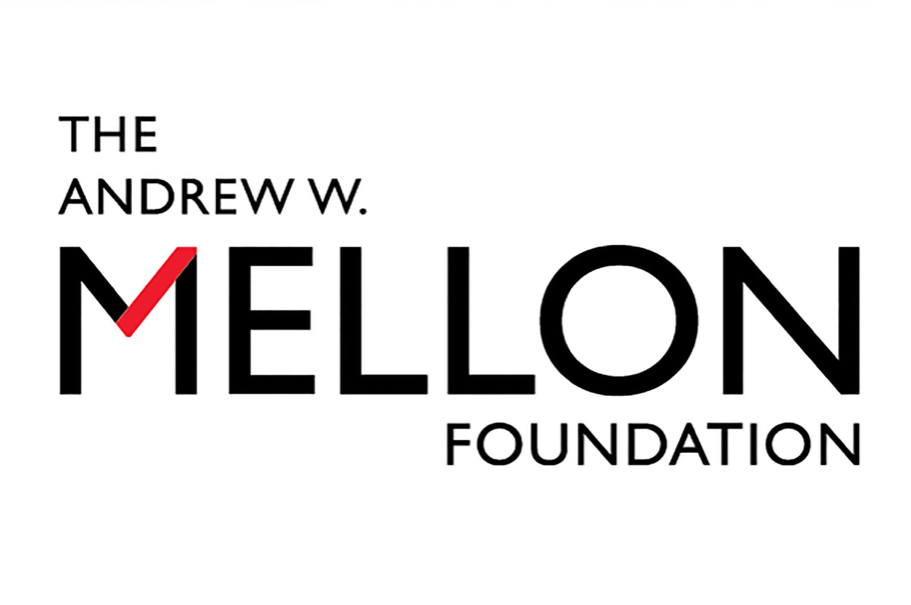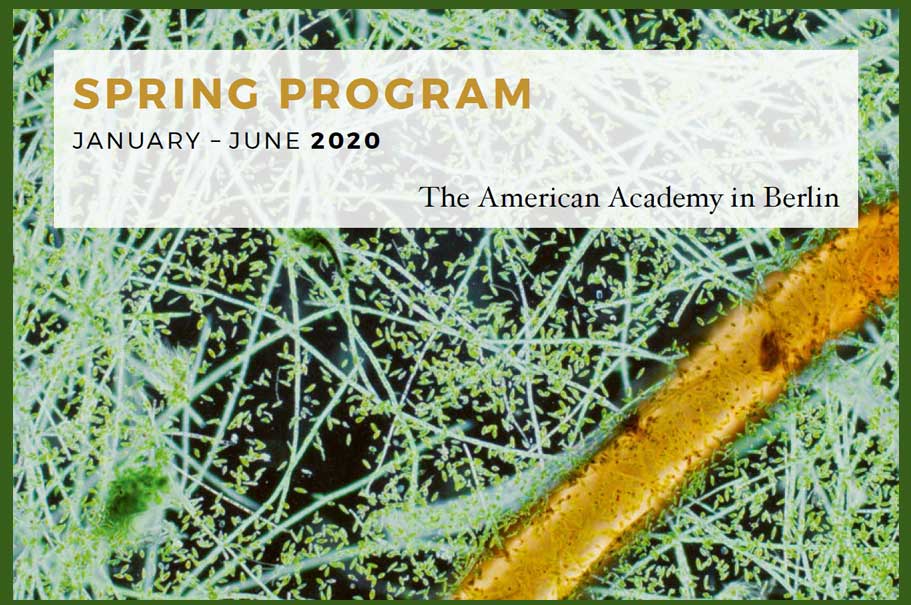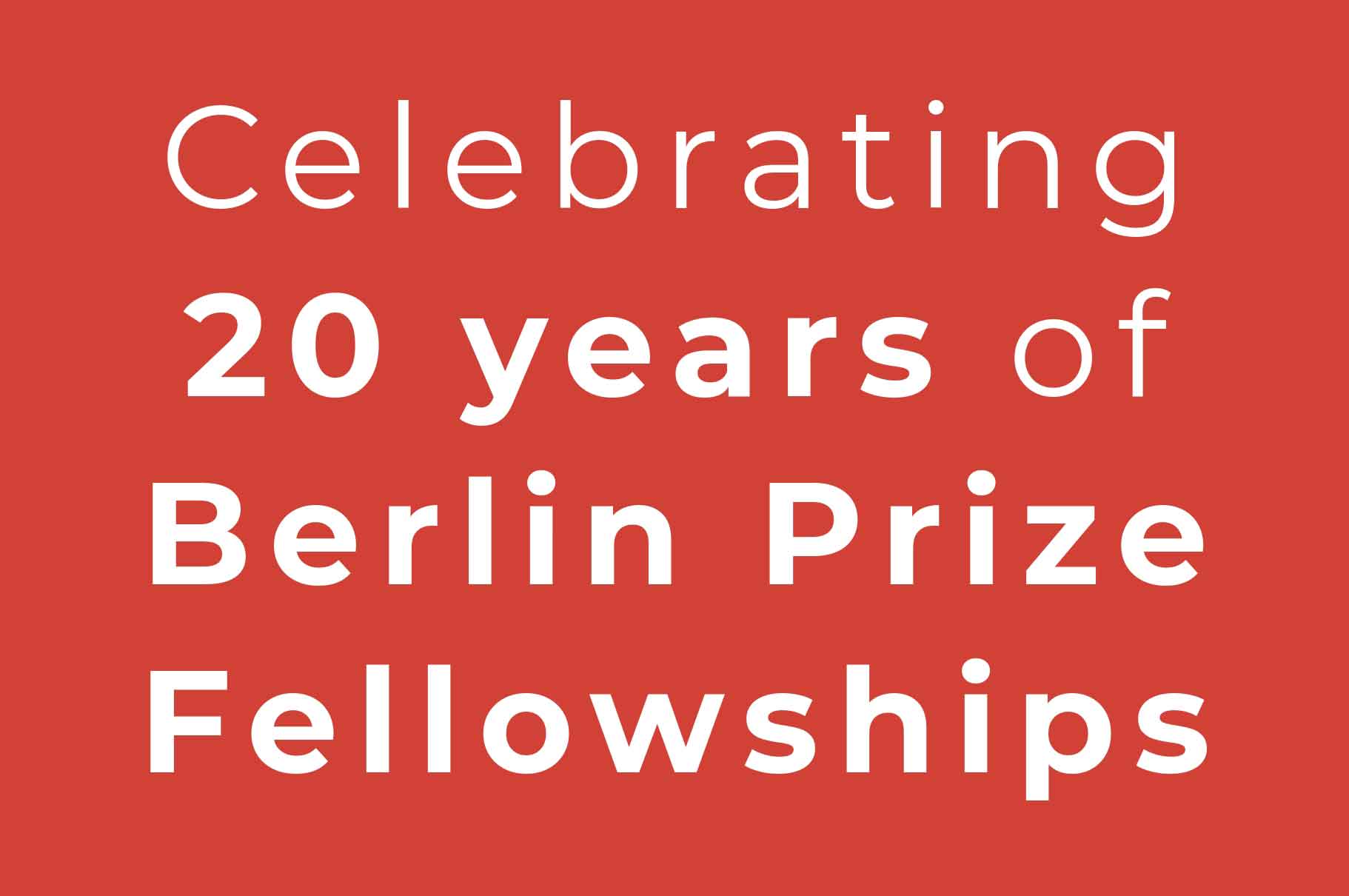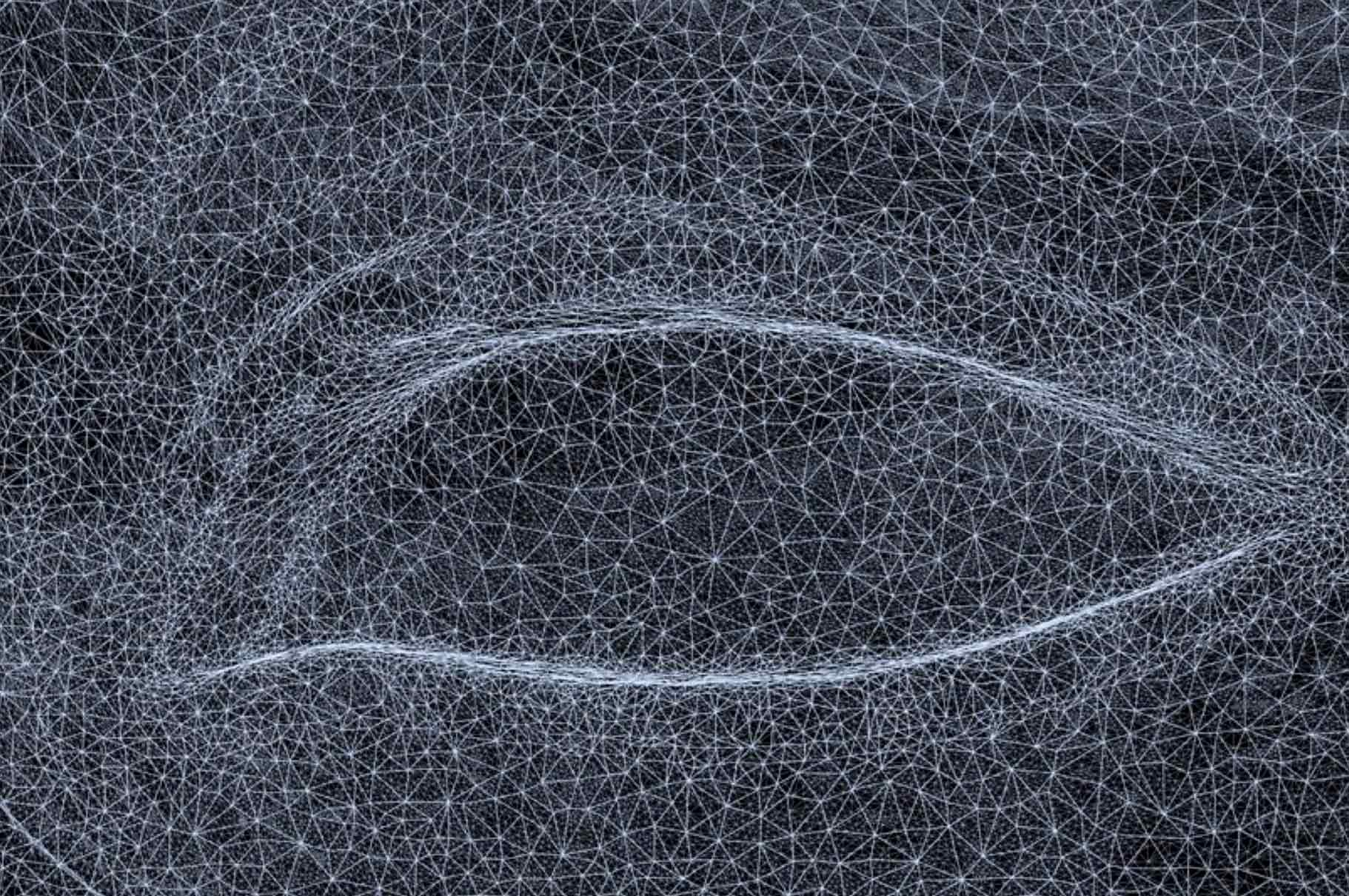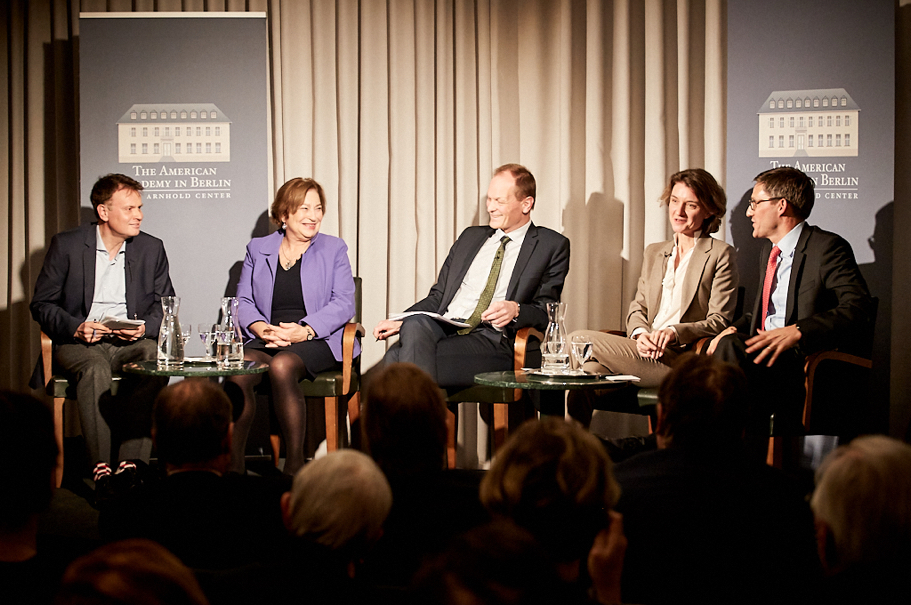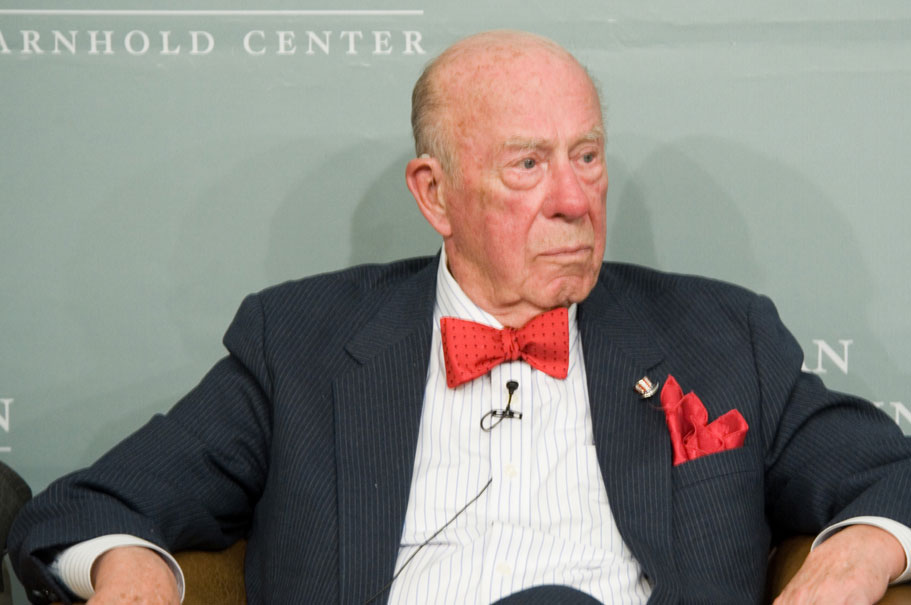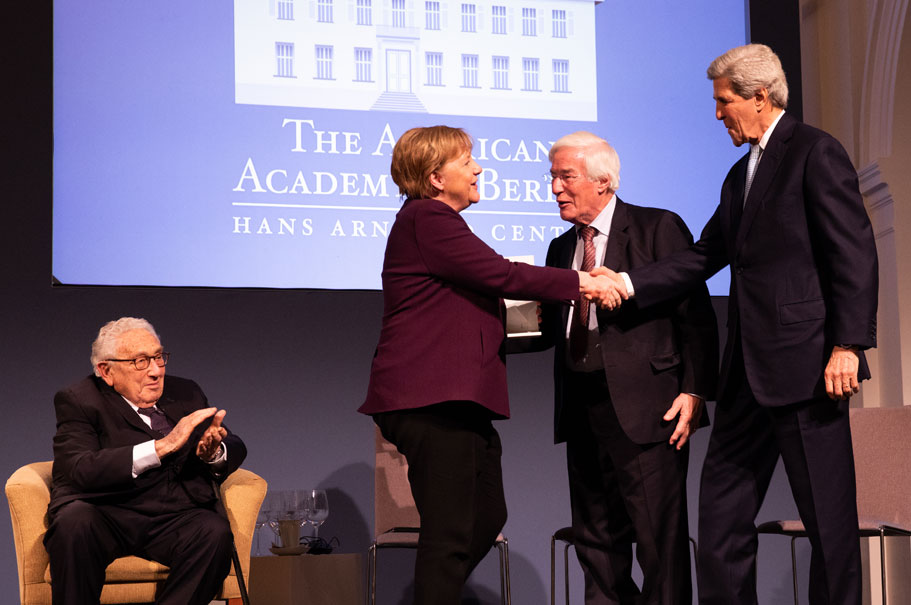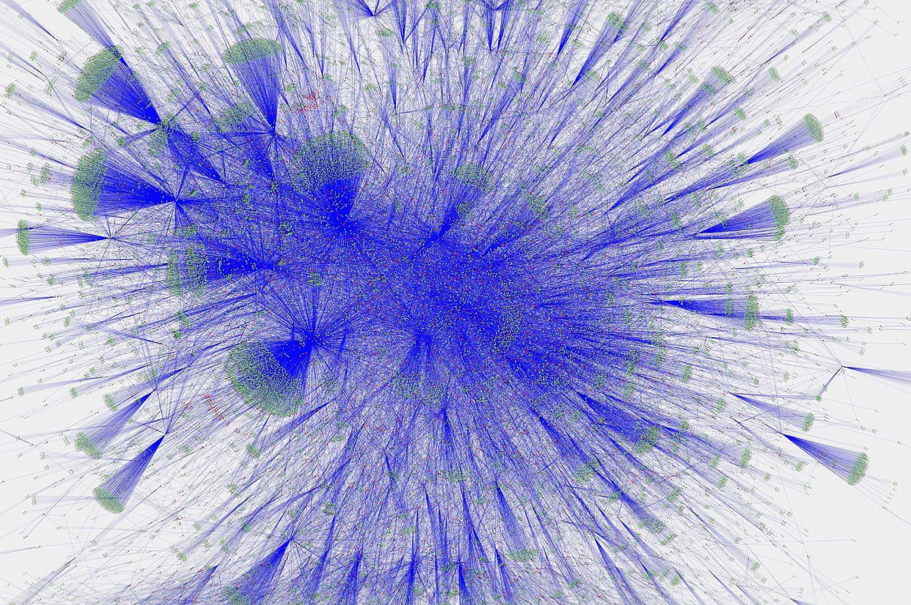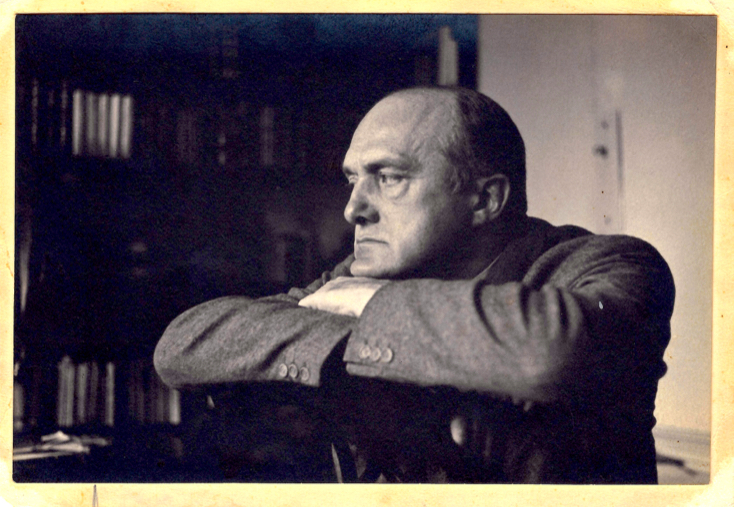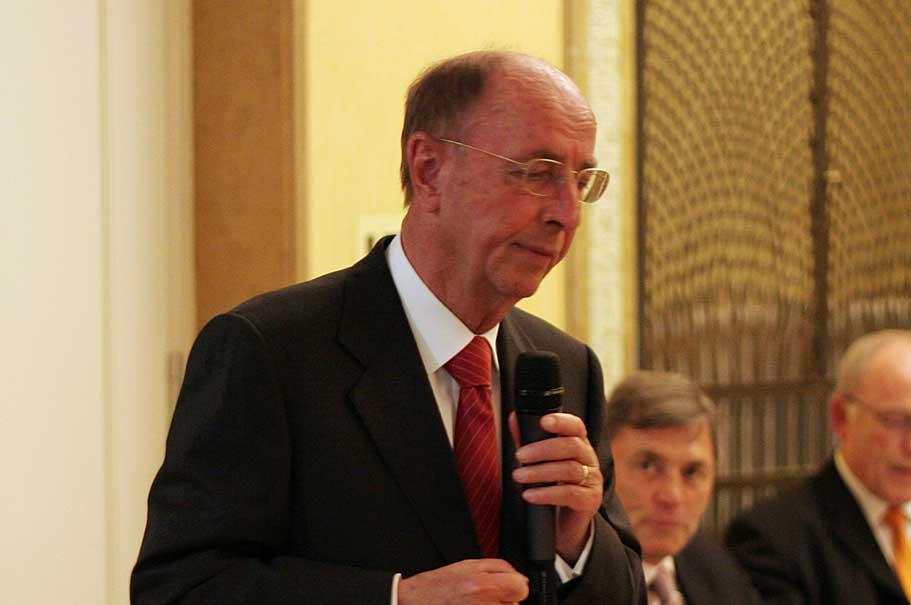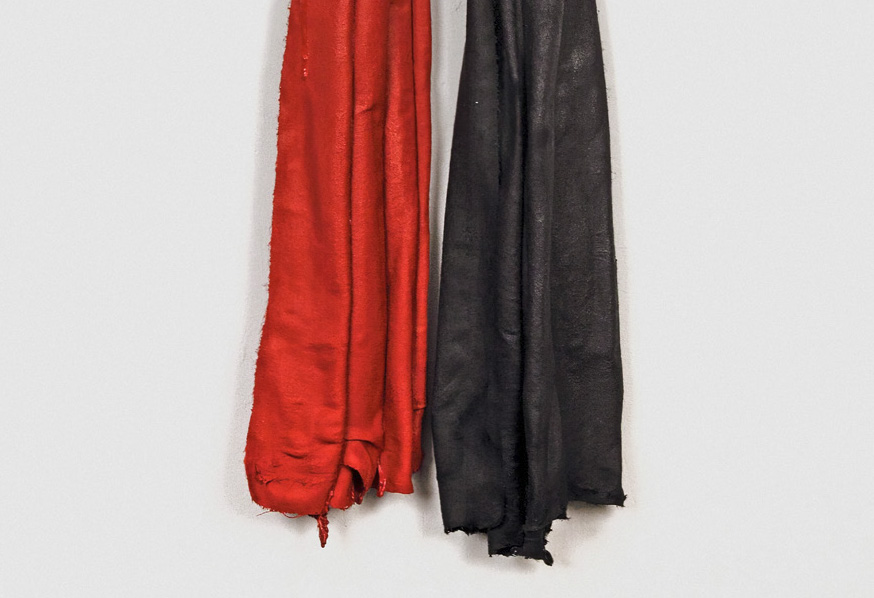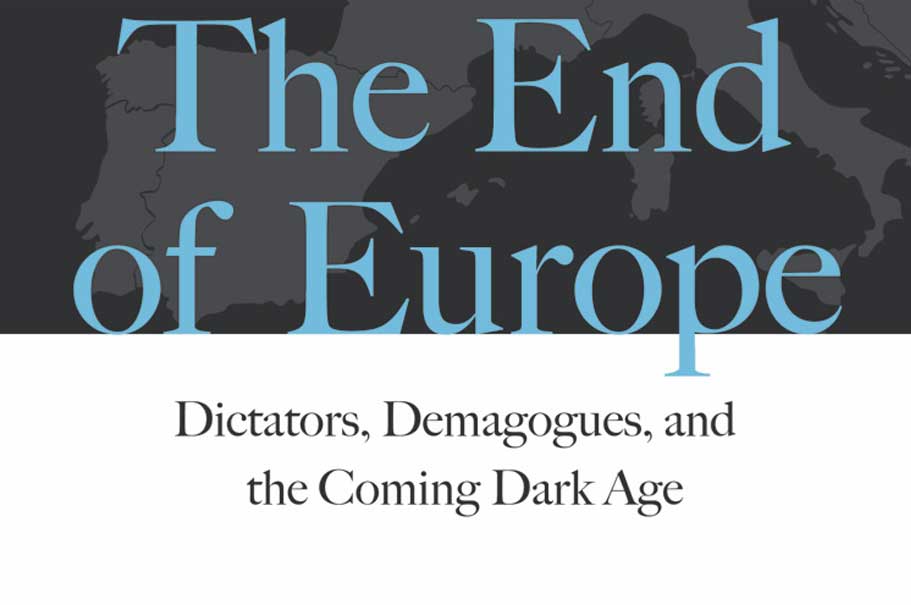
James Kirchick on the End of Europe
Russian interference in the 2016 US election was not aimed directly at getting Trump elected, but rather, more simply, at sowing discord in the American electoral system and — and the Russians “succeeded,” said Brookings Institution fellow James Kirchick. At a provocative talk on March 27 in the American Academy in Berlin’s Breakfast Series, Kirchick also called for Germany to look more broadly at US actions overseas, and not focus too obsessively on the messaging from the White House.
While critical of many of Trump’s policies, Kirchick said the Democrats’ obsession with the Russia investigation had been harmful to American political life. Attorney General William Barr’s summary of the Mueller Report concluded there was no collusion between the Trump campaign and Russian government, and so, Kirchick suggested, “it’s time to move on.” He also said, “The person of Donald Trump has become an excuse for lazy thinking,” and that “the less that is said about Trump, the better.”
Kirchick, whose book The End of Europe: Dictators, Demagogues, and the Coming Dark Age appeared in 2017, was also critical of Europeans who had fallen into the lazy intellectual habit of blaming Trump for everything, all the while ignoring issues at home. “Europe has big, big problems—anemic growth, revanchist politics. Tell me: how did Donald Trump create those problems?” Kirchick conceded that Trump had unleashed a new phase of anti-Americanism in Germany, but he also noted that the importance of the transatlantic alliance had been receding among the younger generation before Trump became president.
European countries need to do more to prove their commitment to the NATO alliance, Kirchick said, including hitting the two-percent-of-GDP funding commitments. Complaints about Europeans’ contributions to NATO’s budget are not new, of course—they stretch back to Eisenhower, in 1953. Kirchick asked the Europeans in the room, “Are you going to continue the temper tantrum about Trump, or are you going to step up?” Germany, for one, has the capability to spend 2 percent of its GDP on defense, and it committed to do so in 2014—but now, says Kirchick, Germany is balking. He cited the old adage that NATO was founded “to keep the Russians out, the Americans in, and the Germans down,” and noted that the first and second parts were still valid. “But I don’t think the third one holds anymore,” he said. “We would like to see a greater role for Germany.”
If keeping America in and galvanizing Germany sounds hard to believe given the rhetoric from the White House, Kirchick said that “a lot of what Trump says and tweets is very different from his policies.” He also said it was worth bearing in mind that “US policy abroad is not just Trump: there are the State and Defense Departments that are implementing policies around the world.” He also pointed out that the joint invitation from the (Democratic) House Speaker Nancy Pelosi and the (Republican) Senate Majority Leader Mitch McConnell to NATO Secretary General Jens Stoltenberg to address a joint meeting of the House and the Senate on April 3 was “a not-so-subtle rebuke to the President” by Congress, where support for NATO crosses party lines.
Kirchick expressed strong views on Ukraine, which he believes the EU and the US should eventually attempt to absorb into NATO. “Ukraine is the next West Berlin,” he said—today’s frontier between West and the East. “It is the first country where people have died under the European (EU) flag.” Kirchick said that if countries like Poland and the Czech Republic were not in NATO, the West would be worried about some form of provocation there, too. This anxiety persists, even though, Kirchick stressed, “we won the Cold War. It is important to say this. It didn’t just end. We won, and the Marxist-Leninist view of state affairs lost.” When this ideology lost, so too did the Soviet way of conducting state affairs: big states could no longer push around smaller states or interfere in their internal affairs. “Russians signed treaties agreeing to all this.” The assumptions in 1989 were that Europe had become a zone of peace, and that liberal democracy and regulated market capitalism were the ways that increasing numbers of countries would be run. Those assumptions, of course, were “upended” by the Russian invasion and annexation of Crimea in 2014. This big-state action underscored, Kirchick said, that Russia was reverting to Cold War behavior and tactics.
On China, Kirchick said that Trump’s harder line was long overdue, but that he didn’t “think it was helpful for the US and Europe not to work together.” As for the decision on whether or not to allow the Chinese firm Huawei to set up 5G systems in Europe, Kirchick said that Chancellor Merkel’s idea of entering “a no-spy agreement with the Chinese” showed a certain naiveté. He said it may be more expensive not to deal with Huawei, “but look at what they are doing with their own people” when it comes to digital surveillance. “It is Orwellian, and not good to have that expand around the world.”
When asked how Germany should play a stronger leadership role, Kirchick said, “Well, submarines and planes that actually work would be good start.” When audience laughter subsided, he noted, more solemnly, that “Germany has not contributed a single soldier to the Syrian conflict. We would like to see Germany more involved in peacekeeping.” One audience member objected that Germany had played a positive role in the conflict by admitting one million refugees, which was “quite a commitment.” This brought a response from another audience member who said that Germany taking in one million refugees was a result of not sending troops to assist in the conflict.
On the rise of populism and nationalism, Kirchick said much of it was driven by economic stasis, which produces a feeling among the younger generation that their lives would not surpass those of their parents. “The gap between the center-left elites and the working-class left is a problem both in the US and EU. Populism will decline once this gap narrows,” Kirchick predicted.
The American Academy in Berlin provides a forum for speakers with a wide range of views, without endorsing any. I would welcome hearing from you about this program or any others hosted by the Academy. Feel free to contact me at terry.mccarthy@americanacademy.de
Terry McCarthy
President

